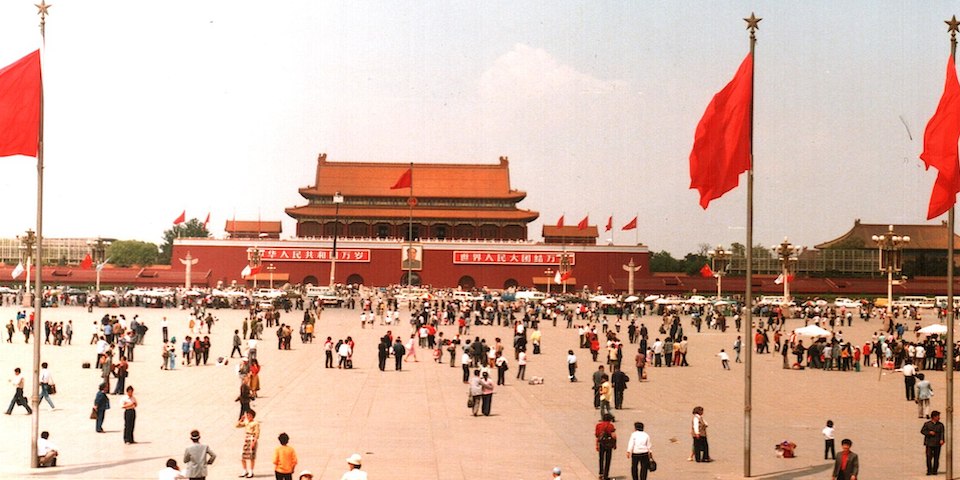Tiananmen Square thirty years after: my memories
Here are my memories of the moment when the Tienanmen Square revolt took place.
I practice Linguistic Empathy and I expect you to do the same. Please bear with me if my English is not perfect.
It sort of shocks me to think that I was already an adult when historical events that marked our co-living on this planet took place. These days, Sudan hit the headlines in the news, and I remember that thirty years ago, when I was ready to board a plane to join Giorgio there, my flight was cancelled because of the coup d’etat of Bashir. Thirty years ago today the Tiananment Square revolt started, and I want to tell you what I remember.
I am a bit ashamed in sharing this, but at that time I was working as an interpreter for a company that produced weapons. Thinking back today, I wonder how that could have possibly happened. The only answer I find is that I had just launched my career and I was in desperate need of money.
In any case, the experience was incredible under many points of view. Last but not least, the fact that I translated for a Chinese delegation, which had brought its own interpreter. He was a Chinese guy of my same age who spoke English very well. Like me, he seemed more interested in human relationships than in the horrible machines that surrounded us.
We became friends. I remember that while the workers showed how they worked, and his chefs in suit and tie observed the maximum concentration, me and him talked incessantly about our lives in Italy and China.
In those days, tension was mounting for the protests in Tiananmen Square. Internet did not exist yet, and I remember waiting anxiously to leave work and switch on my car radio to listen to the news.
Then the terrible news of what we all know started filtering: deaths, wounded, and the famouse brave boy who stopped the tank with his body in the middle of the square.
It was obvious that my friend (I have forgotten his name but remember all the rest very well) was going through a terrible dilemma: on the TV screen of his hotel he could see all that the Chinese government was carefully hiding to its people. He was upset.
In my limited intercultural understanding of the time, one day I even invited him to demonstrate against the Chinese government. That night I was going to join a group of peace activists in the centre of Milan for a solidarity sit-in with Tiananmen Square. It seemed to me like a brilliant idea that he joined.

When I did not see him coming, I sort of understood that I should have not invited him.
In fact, my beautiful friend surprised me: the day after, when we met at work, he told me he had come, but it had taken him too long to find the place, and he had arrived when everything was over.
It has been very important to me to go through the Tiananmen Square events with his eyes, and even more important to read his letters when he went back to China. He told me that at home it was like nothing had happened. No one knew of the deaths, the wounded, the protest. Having seen what had really happened must have upset him profoundly, and thrown him into a crisis of values whose dimension I could not fully grasp at that time.
Today, thirty years later, I think of him and of how lucky I have been to meet him at that precise moment. I wonder what happened to him. When I go back to Italy, I’ll look for the letters he wrote and the pictures he sent me, and I’ll show them to you. Antoher piece of my life intertwined with history.
Claudia Landini
June 2019
Main picture by Derzsi Elekes Andor, Creative Commons

